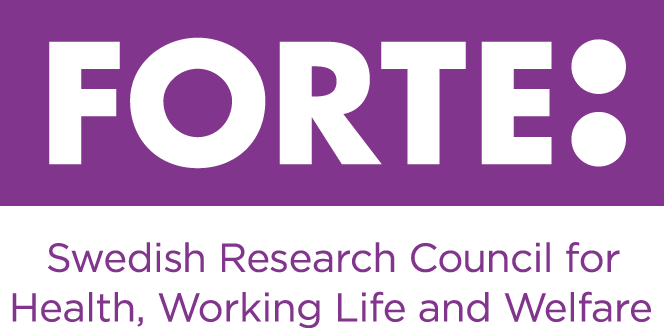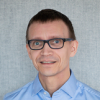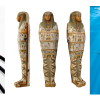Under the research area, interdisciplinarity as well as Nordic added value will be central assessment criteria in addition to excellence. The initiative aims explicitly at truly interdisciplinary projects that combine disciplines, which are far removed from each other and rarely collaborate, or that pursue an original research question that demands the exact combination of competencies from different disciplines proposed in the application. Hence, projects within the research area are required to encompass research within at least two of the three areas of science as defined by the European Research Council: Life science; Physical Sciences & Engineering; Social Sciences and Humanities. The research problems should be interdisciplinary and not just add a method from another area – it needs to add value to both scientific areas as well as to the interdisciplinary space.
Background
The Nordic Initiative for Interdisciplinary Research is a collaborative effort between the Academy of Finland, the Independent Research Fund Denmark, the Swedish Research Council, the Research Council of Norway, and NordForsk.
Interdisciplinarity is widely acknowledged as essential to the generation of new and ground-breaking research results, and there is an increasingly urgent global demand for scientific research that dares to think across traditional boundaries between fields and disciplines and strives to create fertile ground for new approaches and insights. The integration of methods, data, perspectives, concepts, and/or theories from different scientific fields is crucial in the efforts towards expanding the scope of collective human knowledge.
Interdisciplinary research is an obvious area in which Nordic collaboration will generate added value. Nordic countries share many cultural, geographical, political and social traits, and thus face many of the same challenges. In addition, interdisciplinary research takes obvious benefits from broadening the scope of available researchers from different disciplines and with different specialisations.
Committee
The Committee comprises representatives for the participating funding organisations:
- Jan Philip Solovej, Professor, University of Copenhagen (Chair)
- Guðmundur Ingi Markússon, Senior Adviser, Rannís
- Ulla Wallin, Research Secretary, Forte
- Lisbet Crone Markussen, Special Adviser, Independent Research Fund Denmark
- Johanna Hakala, Research Council of Finland
- Stefan Svallfors, Secretary General for Humanities and Social Sciences, Swedish Research Council
- Marianne Grønsleth, Special Adviser, Research Council of Norway
- Magnus Tannerfeldt, Senior Research Officer, Formas
Funding
The total budget is approximately NOK 120 million.









